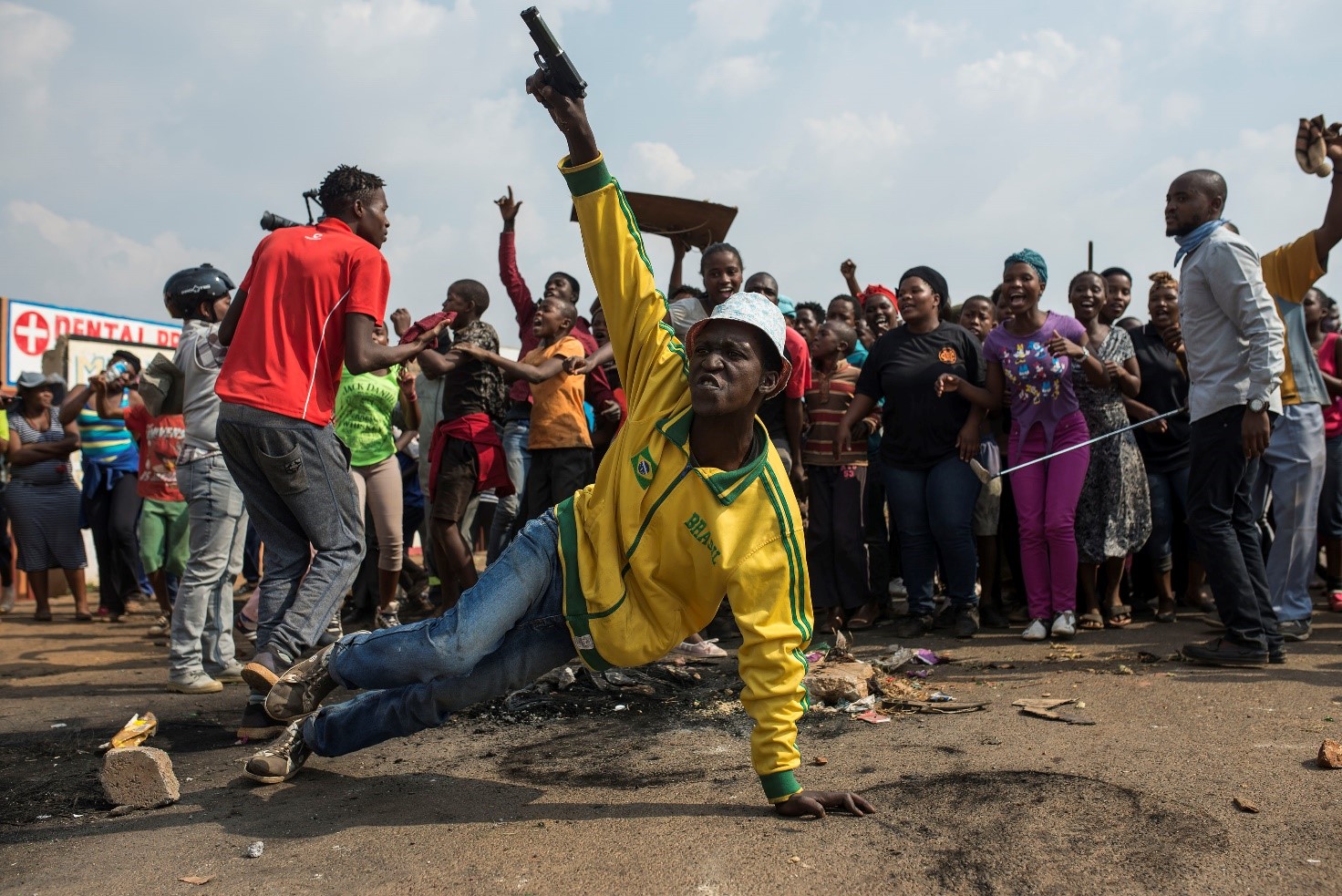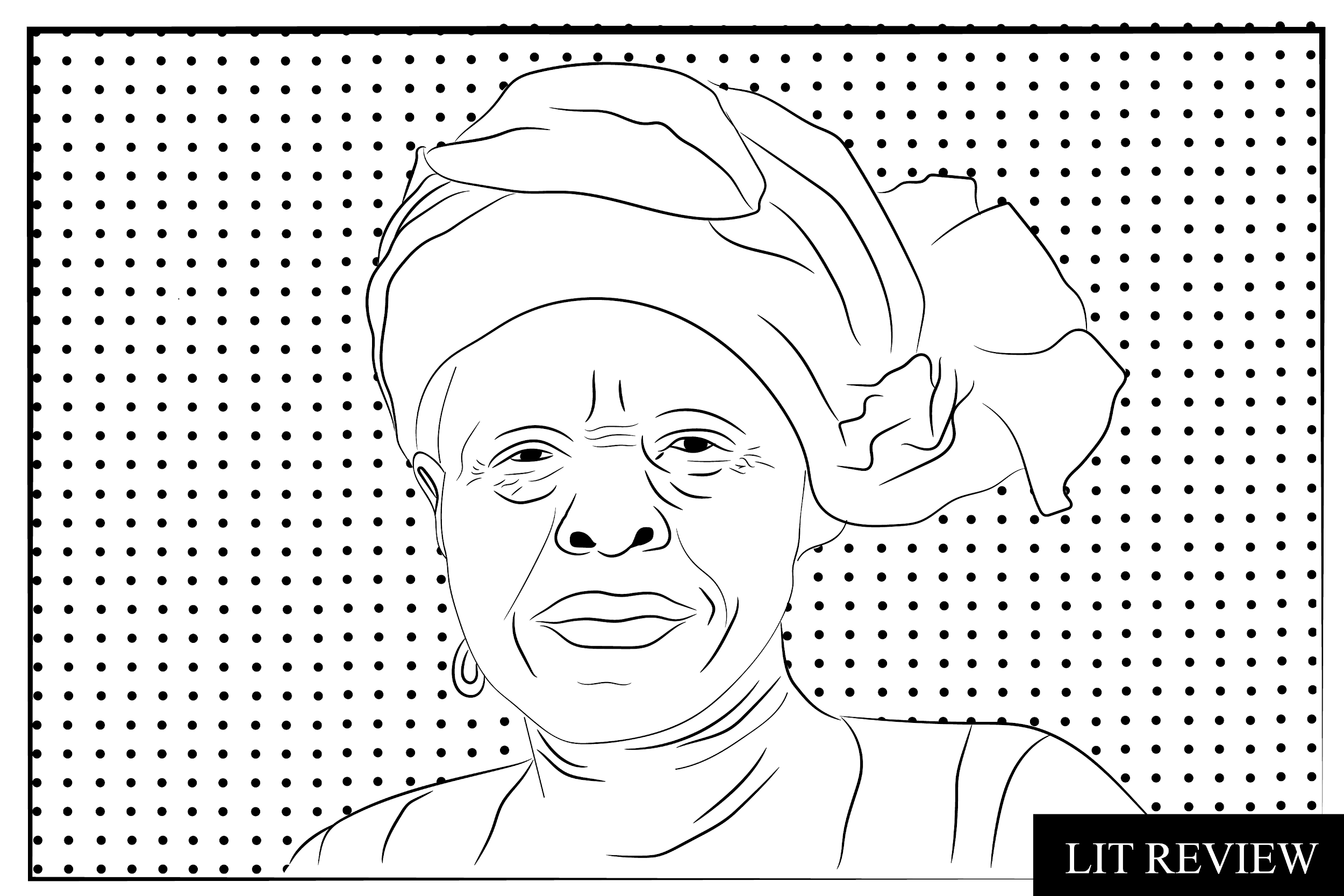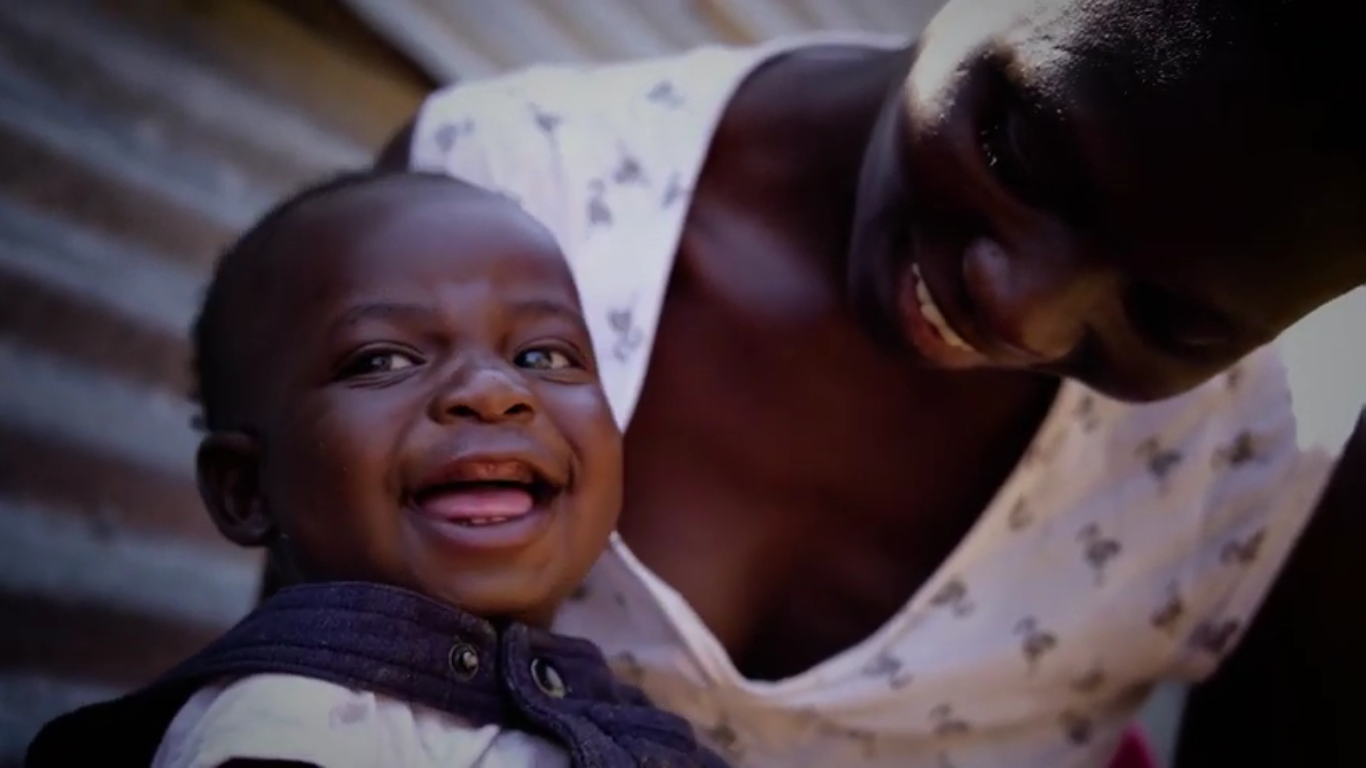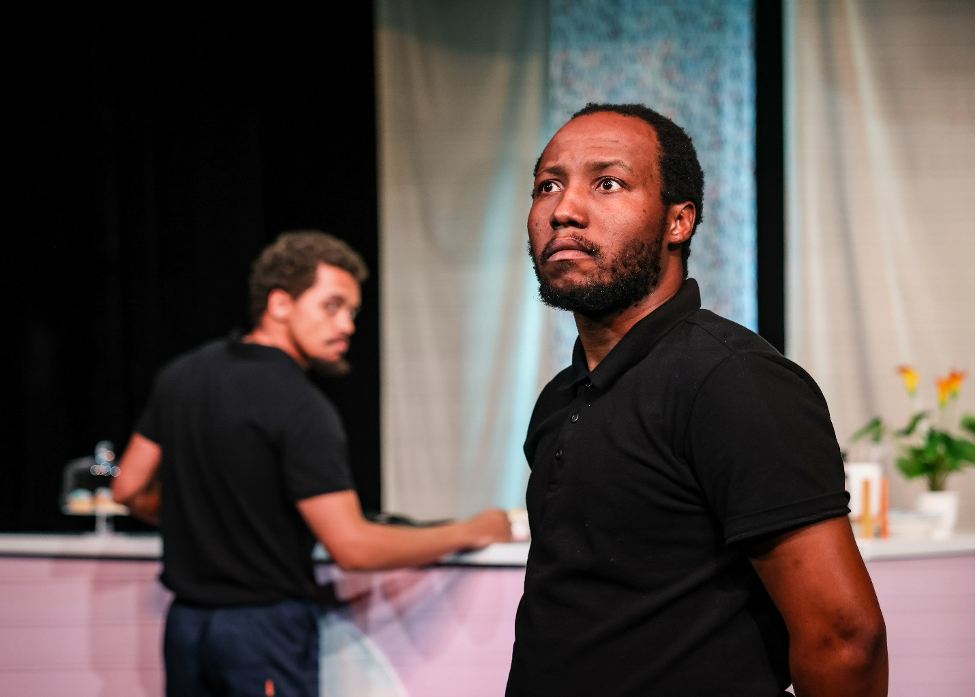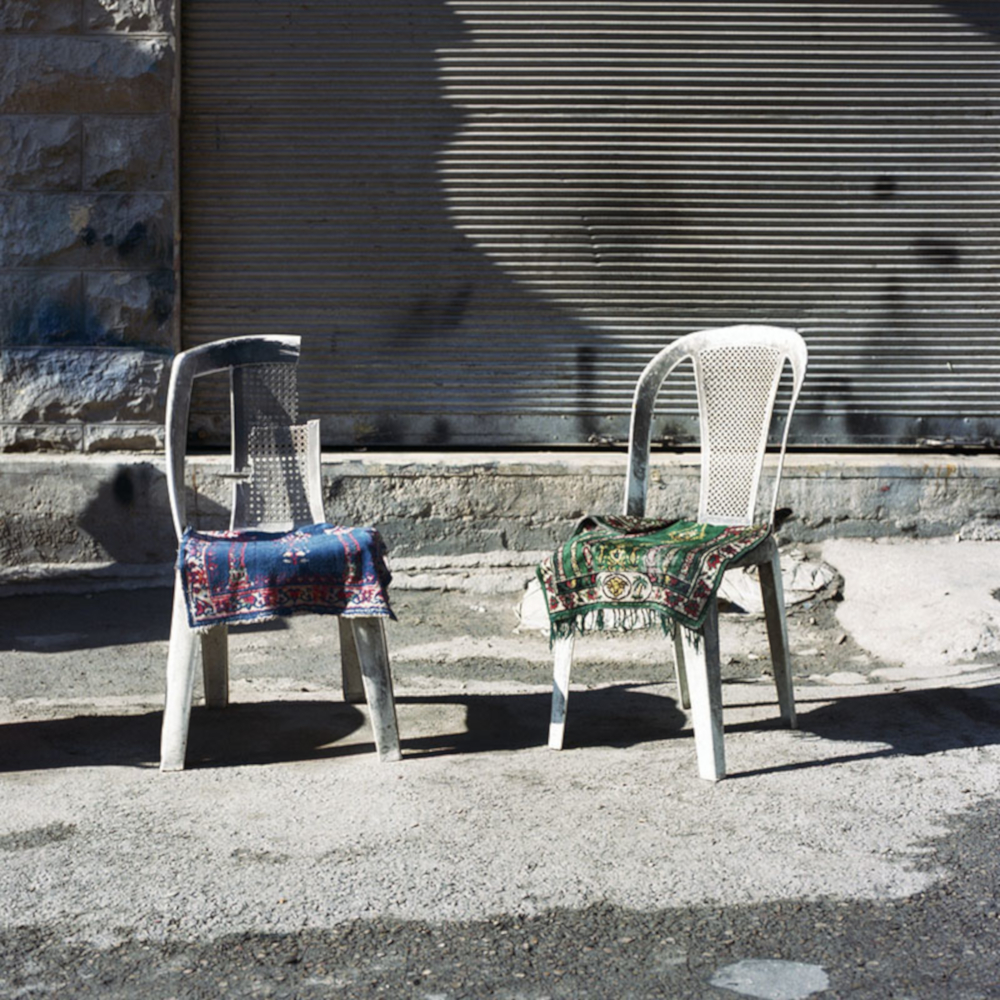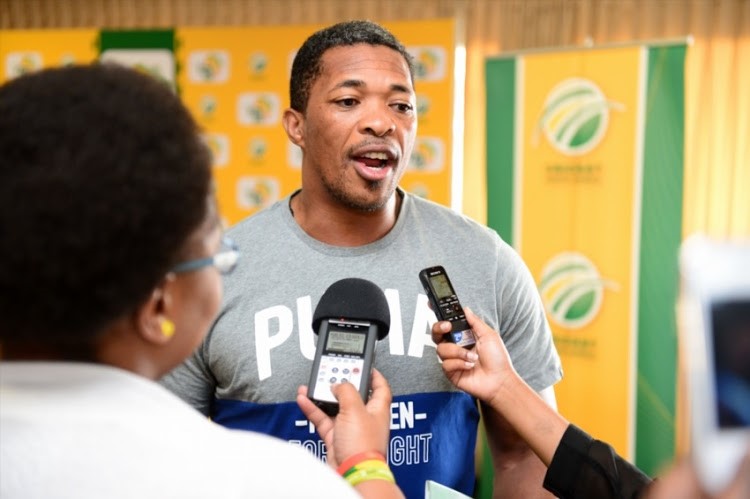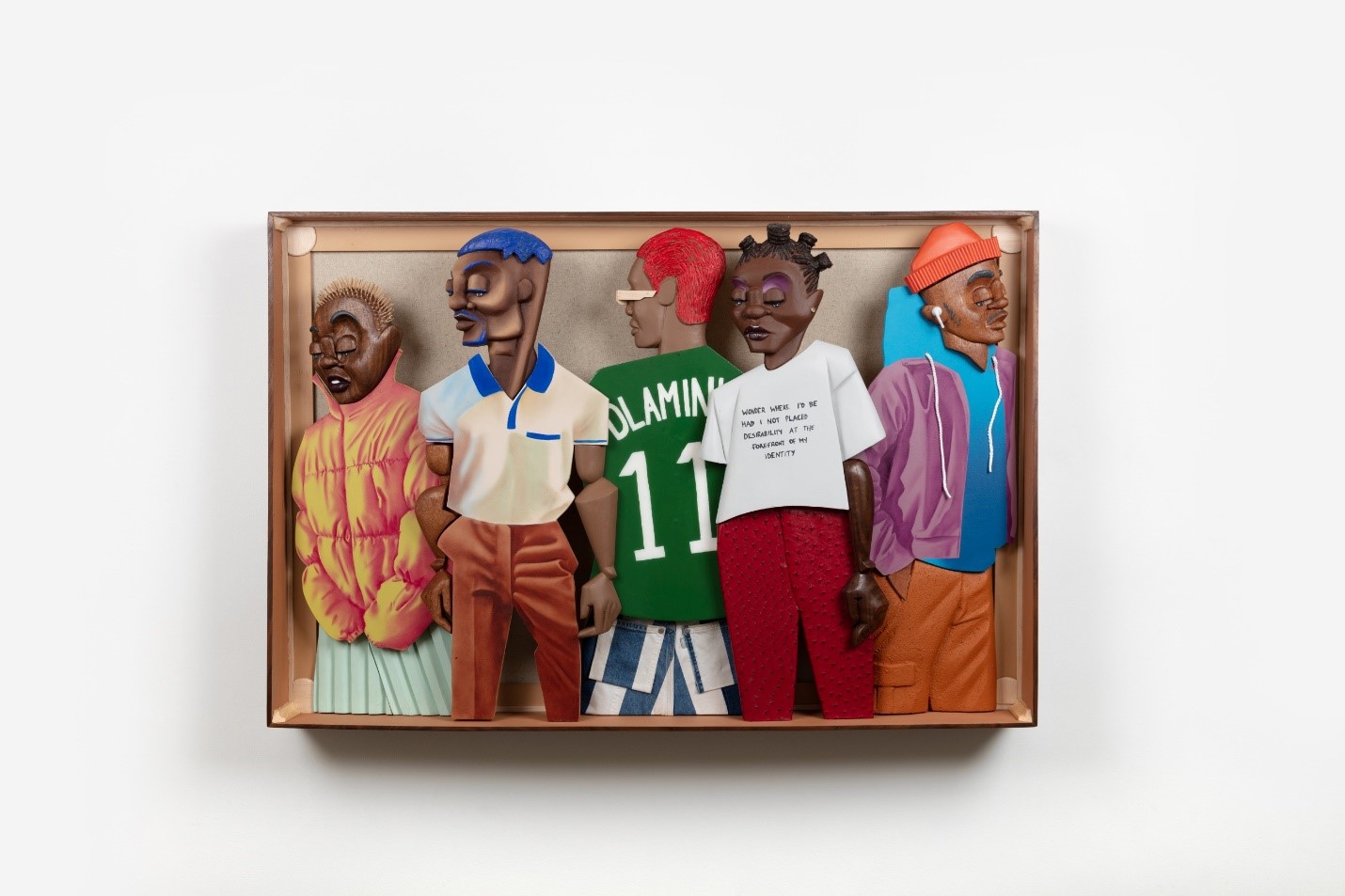Tshiamo Malatji
The Pitfalls of Broadcasting Looting
Currently, the dominant narrative of the protests unfolding in Gauteng and KwaZulu-Natal is on the theft of items from businesses, especially large malls and shopping centres. Social media is awash of mask-clad people carrying television sets, maize meal, shoes and other consumer items—even medicines and sex toys (gasp!). No item carried by protesters (who are called looters) escapes the gaze of the reporter looking for an easy fix. The narrative has been set. The national consciousness is focused. The truth is lost in the horrors of burned buildings and raided storefronts.
America Needs A Coming To
Coming 2 America is loudly proclaiming that Africa is fake, that our customs are ridiculous and that by going through a process of becoming American we attain progress, identity and peace. It portrays Africa as fictional as Zamunda, as falsely conscious as its King Akeem and as hopelessly in need of saving as its princesses,” writes Tshiamo Malatji
Long Read: Olúwolé’s African Metaphysics
Sophie Olúwolé explains and defends classical Yorùbá philosophy, offers her view on an African metaphysics and resolves the African contribution to humanism, writes Tshiamo Malatji.
The Silent Beasts of Hunger: The Food Series Episode 4 Review
Zimbabwean residents, Dorcas Pavari and Sara Mwareni, are interviewed on the effects of the lockdown on access to food. They spend R20 each day on food for a family of four, which the documentary reveals is only 20% of the amount needed to meet the Basic Nutritional Food Index.
How Senegalese Farmers Become Landless: The Feast/Tong-Tong Review
This land is sold to privileged foreign owners who make revenue from its use. Locals who try to compete struggle because they lack access to similar equipment as large corporations. Agriculture does more for these companies than for people. Animals that trespass are seized, people fined and fees for getting their animals back. "How can you live side by side in peace?"
Enter your email address below to subscribe to my newsletter


